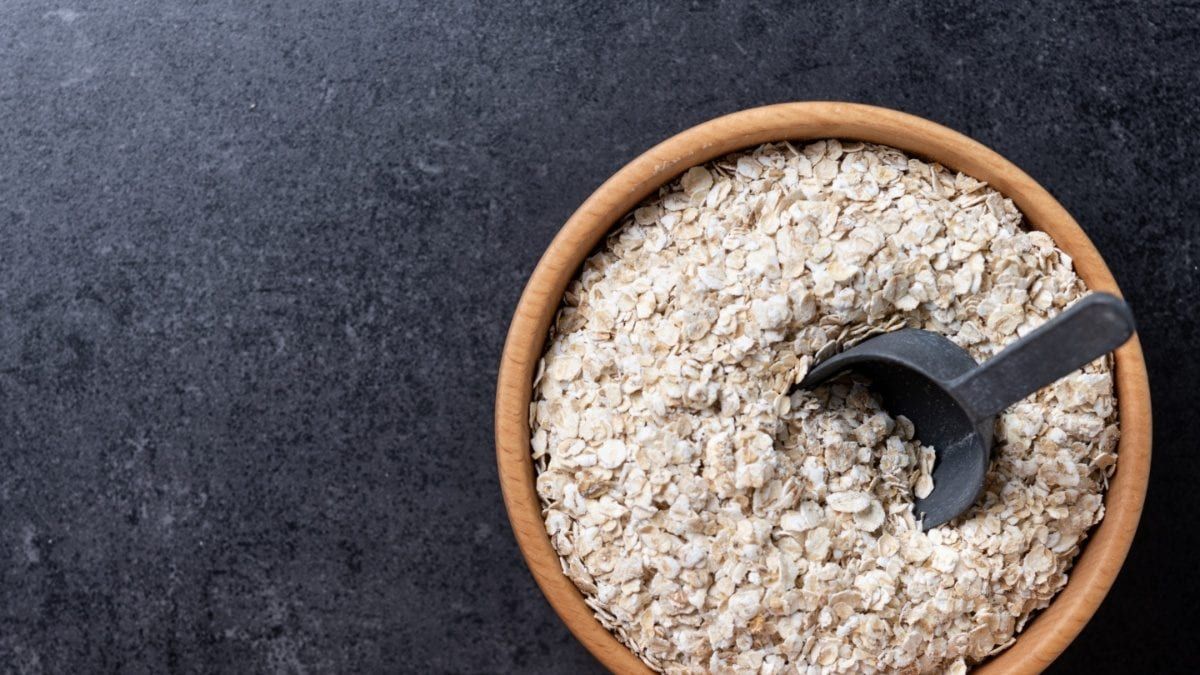Posted by:
Last update:
Daily consumption of oats is beneficial but should be consumed in moderation.
Oats are rich in fiber, protein and good carbohydrates. Eating them daily is beneficial for those suffering from heart health problems, weight control and digestive problems.
Oats are a whole grain that is often called a “superfood” because they are packed with nutrients like fiber, protein, and good carbs. Oats are especially known for their beta-glucan, a type of fiber that helps lower cholesterol, making them good for heart health.
Oats aren't just for breakfast. They can be used in smoothies, healthy muffins, or even as a gluten-free option in recipes. They're also great for savory dishes, such as adding a crunchy topping to desserts or baked fruits. Plus, they're affordable and easy to store, making them a staple in many kitchens.
Below are some positive effects of daily consumption of oats.
Heart Health: Oats are rich in soluble fiber, especially beta-glucan, which can help lower LDL (bad) cholesterol and reduce the risk of heart disease.
Digestive health: The fiber in oats promotes healthy digestion, prevents constipation and promotes the growth of beneficial intestinal bacteria.
Energy Boost: Oats provide complex carbohydrates that release energy slowly, making them an excellent choice for sustained energy throughout the day.
Blood sugar control: Its low glycemic index helps stabilize blood sugar levels, making oats beneficial for people with diabetes or those looking to control their blood sugar levels.
Weight control: Due to its high fiber content, it promotes satiety, helping you feel fuller for longer and potentially aiding in weight loss or maintenance.
Below are some negative effects of daily consumption of oats.
Gluten contamination: While oats themselves are gluten-free, they can often become contaminated with gluten during processing. People with celiac disease or gluten sensitivity should choose certified gluten-free oats.
Digestive problems: For some people, consuming large amounts of oat fiber may cause bloating, gas, or other digestive discomfort, especially if they are not used to a high-fiber diet.
Sugar content: Many commercial oat products, such as flavored instant oatmeal, may contain added sugars, which can negate some of their health benefits.
Caloric density: While oats are healthy, they are also high in calories. Excessive consumption without balancing them with other foods can contribute to weight gain.
Phytic acid: Oats contain phytic acid, which can inhibit the absorption of certain minerals (such as iron and zinc). However, this effect is usually negligible if oats are part of a balanced diet.
Daily consumption of oats can be very beneficial for most people, particularly for heart health, weight management, and digestion. However, it is important to consume oats in moderation and pay attention to personal sensitivities or dietary needs. Incorporating a variety of foods into your diet will help balance nutrients and avoid the potential negative effects of over-consumption of oats.
These are the types of oats that should be consumed
If you're looking for a healthy option, steel-cut oats are filling and high in fiber, but take longer to cook. Rolled oats are versatile, quick to prepare, and great for oatmeal or baking. If you're looking for something super quick, instant oats are convenient, but choose plain varieties to avoid added sugar.












